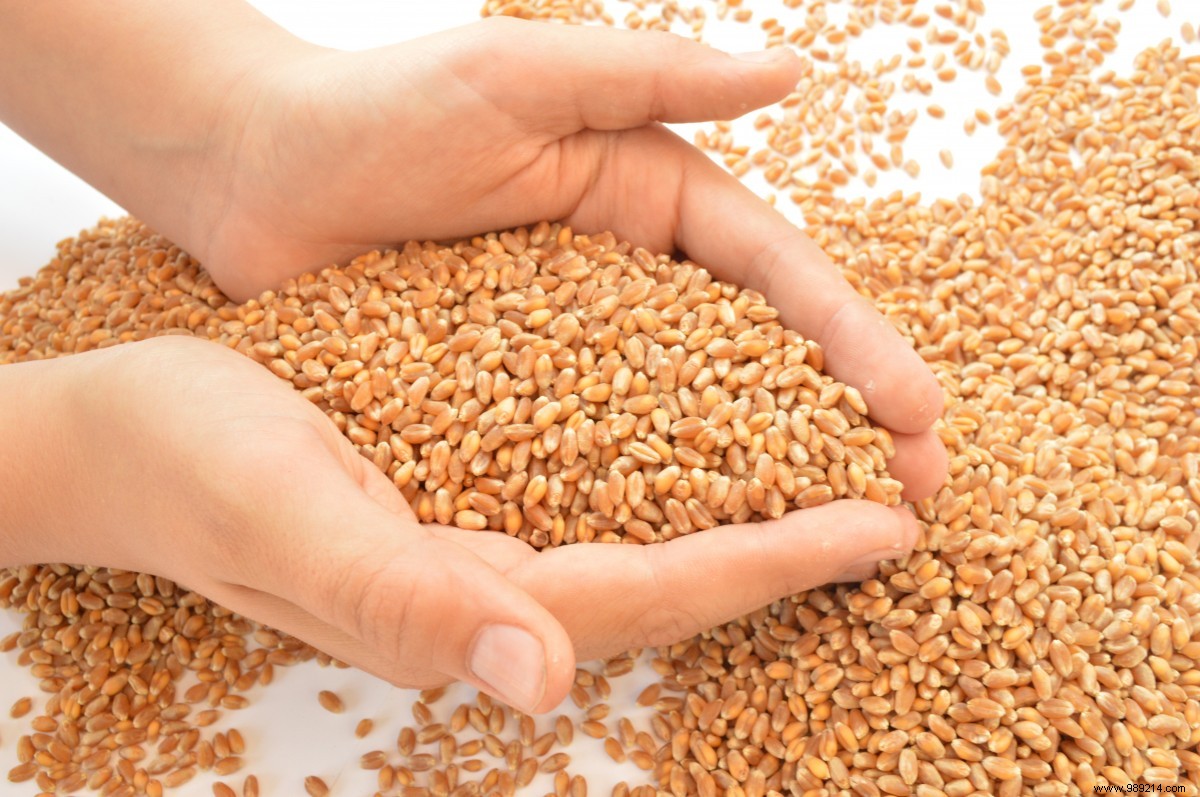In order to maintain a certain level of performance, the brain needs to be constantly nourished like any organ in our body. However, certain foods give it a "boost" while others protect it over time.
Comprising more than 80 billion neurons , the human brain is a complex organ. However, like the engine of a vehicle, it performs a vital function. Above all, the brain is constantly solicited, even during the night. In an article published on April 12, 2021 by Medisite, nutritionist Raphaël Gruman therefore discusses the need for a "peak diet" to nourish the brain.
Author of the book The Mind Diet:The World's Best Diet for the Brain (2017), Raphaël Gruman first discusses the foods that give a boost to the brain. These are low glycemic index carbohydrates (or slow sugars) for a slower and more gradual rise in blood sugar, and therefore smooth digestion. Whole grains (rice, oats, quinoa, etc.) can play this role, as can pulses.

Still in the "boost" category, coffee and tea feature prominently. The caffeine in coffee is a psychoactive substance particularly useful when planning to do a lot of intellectual work. However, beware of abuse, because its black point is unfortunately none other than its ability to hide fatigue. As for tea, it has a lesser effect compared to coffee. However, it can also be appreciated for the relaxing capacities of theine.
In addition to brain-boosting foods, others have the function of protecting it over the long term. First of all, let's mention oily fish, a source of omega 3. By easily incorporating into the membranes of our nerve cells, they promote good communication between neurons. According to Raphaël Gruman, sardines, anchovies and other mackerel are to be favored here over larger fish, because they contain less heavy metals.
Foods rich in iron help produce red blood cells, which carry oxygen. Most of the time, these are products of animal origin (red meat, black pudding, duck, shellfish) and sometimes vegetable (lentils). There are also foods rich in antioxidants that are able to fight against free radicals , and thus the degeneration of the brain. Red fruits, berries and other vegetables in general can perform this function.
Finally, like all organs, the brain must be well hydrated for optimal functioning. As Raphaël Gruman explains, some studies have shown that dehydration is synonymous with reduced alertness and concentration and an increased feeling of fatigue. When we feel thirsty following a loss of water up to 2%, our cerebral capacities would be reduced by 20% ! Good water-based hydration is therefore a key element for the proper functioning of the brain.